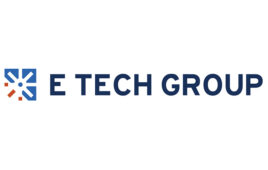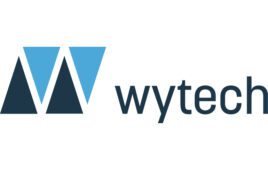Many manufacturers do not consider the cost and impact of software validation, but failing to do so can mean the difference between product introduction success or failure.
Scott Reedy, Arena Solutions

(Photo by Markus Spiske on Unsplash)
FDA requires validation to demonstrate that quality management system (QMS) software meets its intended use.
Here’s how a medical device company can streamline its validation processes and focus on activities that generate revenue and win business.
Why validate?
Medtech manufacturers may use a paper-based quality system, on-premises software, or cloud-based software. FDA doesn’t specify the type of QMS system medtech manufacturers must use, just that they have a quality system that ensures products consistently meet applicable requirements and specifications.
However, the agency does require manufacturers to prove, or validate, that their software-based quality system meets the requirements for its intended use. Depending on the type of QMS software, the validation process can increase burdens on teams, draining resources and adding costs. Cloud-based QMS software is designed to be validated easily, even with regular enhancements, and can deliver high-quality, compliant products to market.
Reduce the burden
Medtech companies that purchase a cutting-edge QMS software solution expect to take advantage of capabilities that improve quality and increase transparency and historical tracking of information as they develop and release new devices. However, they too often forget to analyze the options for getting software enhancements or upgrades by failing to evaluate the initial impact and ongoing cost of validating the software.
FDA mandates validation for the initial implementation of the software as well as for upgrades. Upgrading on-premises software systems can be tricky, leading some device manufacturers to rely on outdated paradigms to base future validation decisions. Quality teams may hesitate to upgrade their QMS software because of the associated burdens of validation.
Traditional validation of on-premises solutions for each new software enhancement can lead to more than a drain on resources. For some companies, the time, expense, and effort associated with validating new versions outweighs the desire to take advantage of new functionality, even when that functionality will streamline quality and product-release processes. As a result, too many companies continue to rely on an outdated QMS software system that fails to keep up with technological advances, making it harder for the manufacturer to stay ahead of the competition.
Keep it simple
As cloud-based applications become more sophisticated, secure, and affordable, quality leaders should evaluate the advantages of using a multi-tenant cloud solution that adheres to current best practices in software validation, security, and innovation. Cloud-based QMS software with multi-tenant architecture provides a way to take advantage of ongoing advancements in technology while providing the lowest total cost of ownership (TCO) with a simplified validation experience. With a multi-tenant cloud solution, medtech companies can leverage software enhancements regularly without the traditional validation “heavy lifting” required by older on-premises or single-tenant QMS solutions.
Multi-tenant QMS solutions provide a level of shared infrastructure. The validation process is made easier by leveraging common test protocols for both installation qualification (IQ) and operational qualification (OQ) requirements. Paired with software provider’s validation maintenance service and validation experts, medical device manufacturers benefit from a better validation experience that reduces manual effort and time-consuming work. Removing traditional validation barriers enables companies to keep pace with the latest technological and functional features and frees quality and regulatory resources to focus on innovation, market responsiveness, and continual improvement to deliver high-quality products.
LNS Research found that software validation is one of the top challenges to speeding product development from early research and development to commercialization. When quality leaders don’t have to worry about validating software, they can focus on core competencies and, ultimately, accelerate the delivery of innovative and safe devices to market.
Scott Reedy is senior director of marketing for Arena Solutions. (www.arenasolutions.com). He spent a decade working in engineering and manufacturing and has held strategic roles with enterprise software companies in consulting, sales, product development and introduction, and marketing over the past 20 years.
The opinions expressed in this blog post are the author’s only and do not necessarily reflect those of Medical Design and Outsourcing or its employees.




